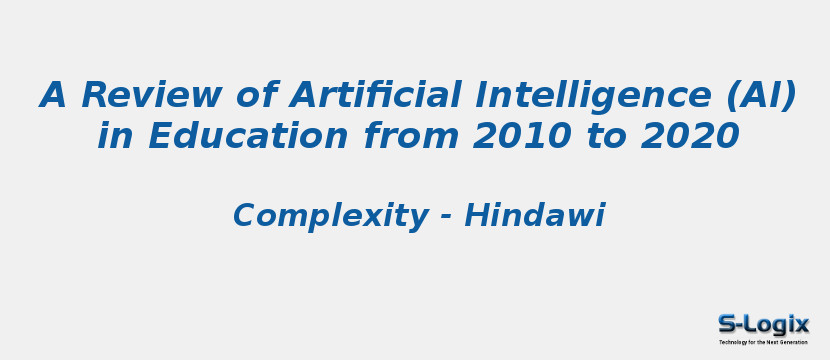Research Area: Artificial Intelligence
This study provided a content analysis of studies aiming to disclose how artificial intelligence (AI) has been applied to the education sector and explore the potential research trends and challenges of AI in education. A total of 100 papers including 63 empirical papers (74 studies) and 37 analytic papers were selected from the education and educational research category of Social Sciences Citation Index database from 2010 to 2020. The content analysis showed that the research questions could be classified into development layer (classification, matching, recommendation, and deep learning), application layer (feedback, reasoning, and adaptive learning), and integration layer (affection computing, role-playing, immersive learning, and gamification). Moreover, four research trends, including Internet of Things, swarm intelligence, deep learning, and neuroscience, as well as an assessment of AI in education, were suggested for further investigation. However, we also proposed the challenges in education may be caused by AI with regard to inappropriate use of AI techniques, changing roles of teachers and students, as well as social and ethical issues. The results provide insights into an overview of the AI used for education domain, which helps to strengthen the theoretical foundation of AI in education and provides a promising channel for educators and AI engineers to carry out further collaborative research.
Keywords:
Author(s) Name: Xuesong Zhai, Xiaoyan Chu, Ching Sing Chai, Morris Siu Yung Jong, Andreja Istenic, Michael Spector, Jia-Bao Liu, Jing Yuan and Yan Li
Journal name: Complexity
Conferrence name:
Publisher name: Hindawi
DOI: https://doi.org/10.1155/2021/8812542
Volume Information: Volume 2021
